Pope Francis to create 21 new cardinals this Saturday
A further step in his vision of a universal Church close to the peripheries
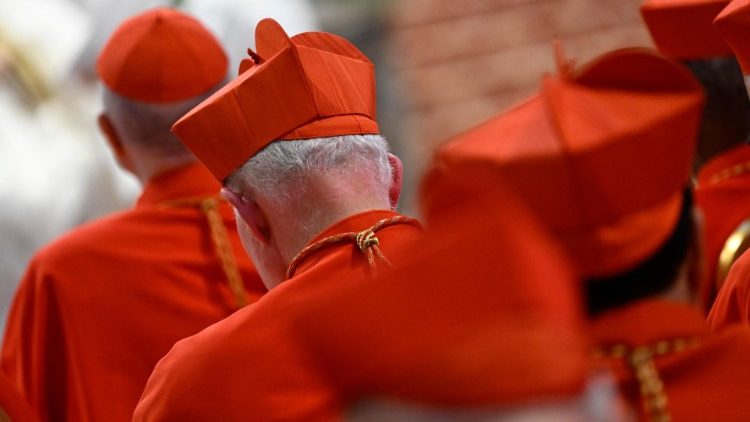
This Saturday, December 7, Pope Francis will hold a momentous ceremony at the Vatican: the creation of 21 new cardinals. This gesture not only strengthens the structure of the Church, but also reflects the Pope’s vision of a Church increasingly closer to the peripheries, both geographically and socially. You can follow this event on our Facebook live.
A Pope with a global outlook
Since his election in 2013, Pope Francis has had as one of his fundamental pillars the universality of the Church. In each of his decisions, he seeks to include people of diverse nationalities, cultures and contexts, ensuring that the Church is truly a reflection of the globalized world in which we live. The creation of these new cardinals is a clear example of this inclusive vision.
Of the 21 new cardinals, 16 are eligible to vote in a possible conclave to elect the next Pope. Most of them come from places outside the traditional European core, underlining Pope Francis’ intention to give a greater role to the Churches of Asia, Africa and Latin America. Some of these new cardinals come from countries such as Guinea, Vietnam, India and Pakistan, underlining the richness and diversity of Catholicism in the world.
Pope Francis and his renewal of the College of Cardinals
One of Pope Francis’s goals in creating new cardinals is to renew the College of Cardinals, a key institution in the Church, especially in the process of electing the Pope. However, the Pope has gone beyond a simple administrative matter: his intention is to bring to the top of the Church those who represent the pastoral and daily life of the communities of faith, with a special emphasis on regions that have been traditionally marginalized.
A message of hope and unity
The creation of these new cardinals is also a message of hope and unity for the Church throughout the world. In a context in which global challenges such as poverty, war, climate change and migration affect millions of people, Pope Francis demonstrates with this action that the Church is not distant from the concerns of the contemporary world. Furthermore, the inclusion of diverse voices in the Vatican shows that the Church is ready to listen to and accompany everyone, regardless of their origin or social context.
The importance of the conclave and the future of the Church
This Saturday, the new cardinals will be part of a body that has a crucial role in the life of the Church: the conclave. In the future, when Pope Francis finishes his pontificate, the cardinals will elect the new leader of the Catholic Church. It is significant that, with this creation of cardinals, the Pope is ensuring that the process of selecting the next Pope is guided by a more global, plural and open representation.
A call to holiness in everyday life
Through this action, Pope Francis reminds us that we are all called to holiness, not only in great moments, but in small daily actions, such as serving the poorest and most vulnerable. The new cardinals, coming from different parts of the world, reflect a commitment to social justice, peace and the unity of the Church, which follows the mission of Christ: to go to the peripheries, announce the Gospel and offer hope.
List of the new Cardinals
1. H.E. Monsignor Angelo Acerbi, Apostolic Nuncio
2. H.E. Monsignor Carlos Gustavo CASTILLO MATTASOGLIO Archbishop of Lima (Peru)
3. H.E. Monsignor Vicente BOKALIC IGLIC C.M., Archbishop of Santiago del Estero (Primate of Argentina).
4. H.E. Monsignor Luis Gerardo CABRERA HERRERA, O.F.M., Archbishop of Guayaquil (Ecuador).
5. H.E. Monsignor Fernando Natalio CHOMALÍ GARIB Archbishop of Santiago de Chile (Chile).
6. Monsignor Tarcisio Isao KIKUCHI, S.V.D., Archbishop of Tokyo (Japan).
7. H.E. Bishop Pablo Virgilio SIONGCO DAVID, Bishop of Kalookan (Philippines).
8. H. E. Bishop Ladislav NEMET, S.V.D., Archbishop of Beograd -Smederevo, (Serbia).
9. S.E. Bishop Jaime SPENGLER, O.F.M., Archbishop of Porto Alegre (Brazil).
10. S.E. Bishop Ignace BESSI DOGBO, Archbishop of Abidjan (Ivory Coast).
11. S.E. Bishop Jean-Paul VESCO, O.P., Archbishop of Algiers (Algeria).
12. S.E. Bishop Paskalis Bruno SYUKUR, O.F.M., Bishop of Bogor (Indonesia).
13. S.E. Bishop Dominique Joseph MATHIEU, O.F.M. Conv., Archbishop of Tehran Ispahan (Iran).
14. 14. S.E. Mons. Roberto REPOLE, Archbishop of Turin (Italy).
15. S.E. Bishop Baldassare REINA, Auxiliary Bishop of Rome, formerly Vicegerent and, from today, Vicar General for the Diocese of Rome.
16. S.E. Bishop Francis LEO, Archbishop of Toronto (Canada).
17. S.E. Mons. Rolandas MAKRICKAS, Coadjutor Archpriest of the Papal Basilica of Saint Mary Major.
18. S.E. Most Rev. Mykola BYCHOK, C.S.R., Bishop of the Eparchy of Saints Peter and Paul of Melbourne of the Ukrainians
19. Rev. Timothy Peter Joseph RADCLIFFE, OP, theologian.
20. Rev. Fabio BAGGIO, C.S., Undersecretary of the Dicastery for Promoting Integral Human Development.
21. Most Rev. George Jacob KOOVAKAD, Official of the Secretariat of State, Responsible for Papal Travels.
Related
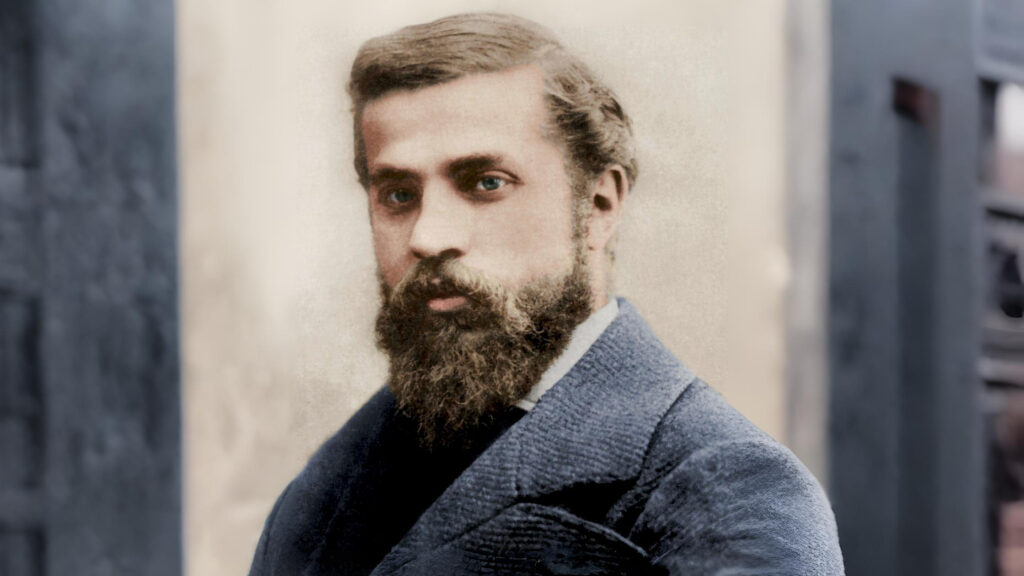
Antoni Gaudí Takes Another Step Toward the Altar: Declared Venerable by the Church
Exaudi Staff
14 April, 2025
2 min
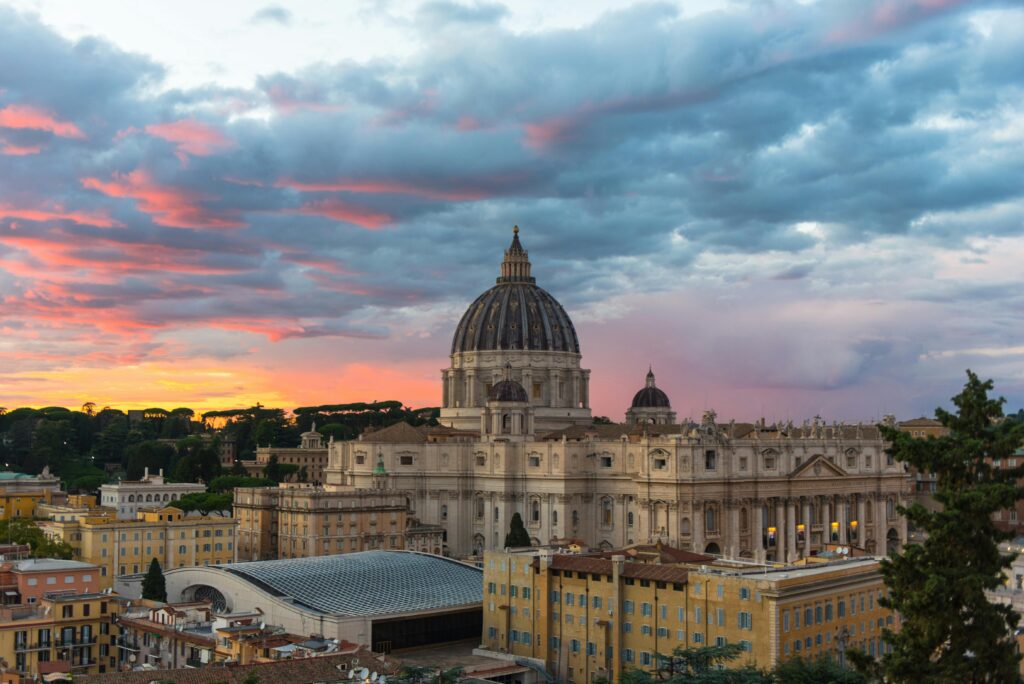
On April 5 and 6, pilgrims from around the world will celebrate the Jubilee for the Sick
Exaudi Staff
04 April, 2025
4 min
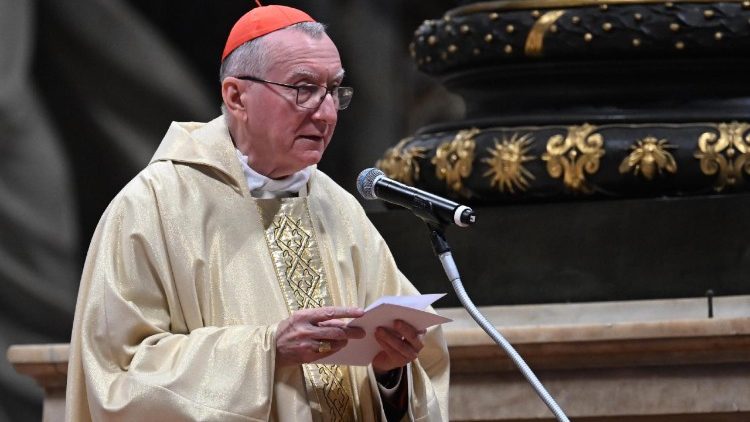
John Paul II: The Tireless Pilgrim Who Continues to Inspire the World
Exaudi Staff
03 April, 2025
2 min
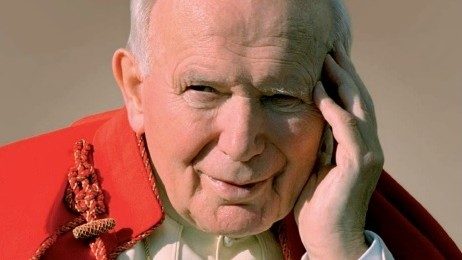
Mass in Commemoration of the 20th Anniversary of the Death of John Paul II
Exaudi Staff
01 April, 2025
1 min
 (EN)
(EN)
 (ES)
(ES)
 (IT)
(IT)

